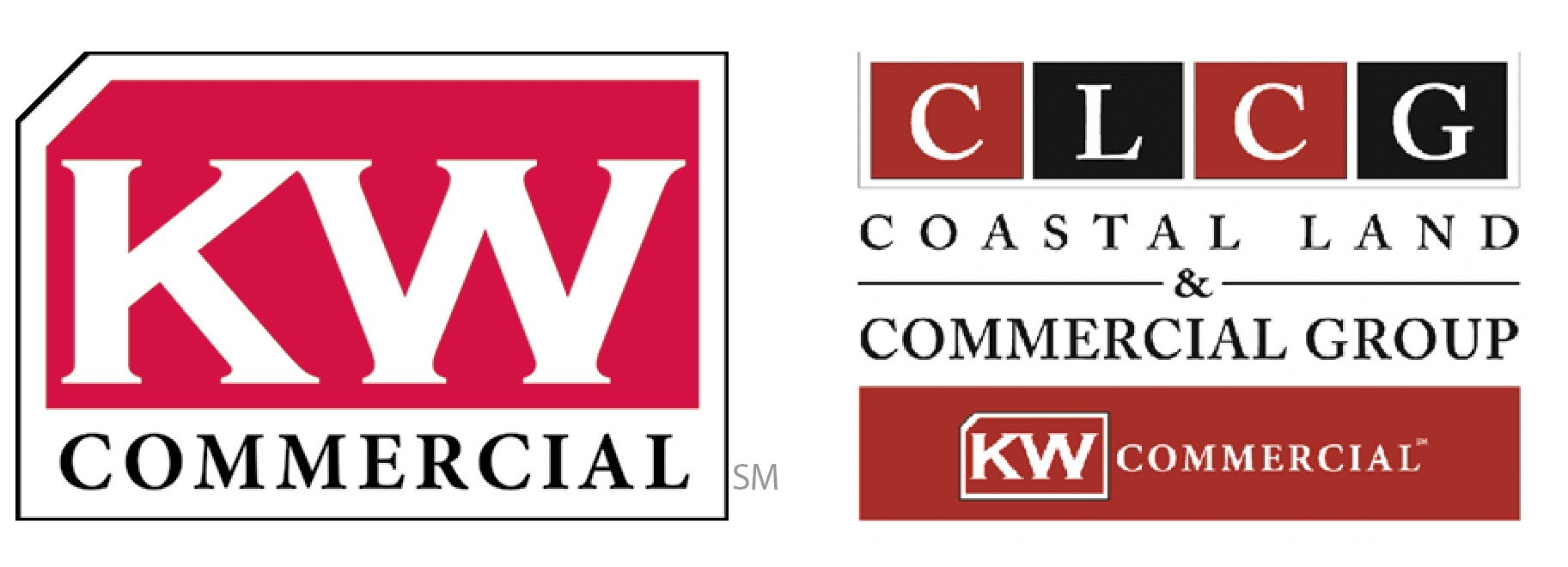You want to buy commercial real estate. Whether it’s for investing or for your business or both, one of the biggest questions is how can I finance it? What will be the best route for me? Who can best provide for my needs? Here are some of the different avenues you can look into when determining which option is right for you.
Commercial Loans – These loans are a more traditional lending process, with high documentation requirements (i.e. proof of income, tax returns, verifications, appraisals, etc.). There are many local, regional and even national banks that will lend on the commercial property. Each bank will have its own area of comfort when it comes to types of commercial loans. Sometimes the larger commercial brokers can even get a better pricing from your local bank than you can, due to the volumes that they run through the bank. Here are some bank examples in NH:
- Primary Bank
- Kennebunk Savings
- Cambridge Savings
- Partners Bank
- Newburyport Savings
- Franklin Savings
- Bank of NH
Hard Money
This lending is geared towards short term loans – generally 6-12 months. The rates and fees are substantially higher (likely around 10%+, and 2-3 points), but hard money lenders can close fast and don’t require as much documentation. They are typically asset based lenders and won’t usually require an appraisal or proof of income. Rather, they look at what the property is worth now and what it will be worth once it’s fixed up or complete. They also often have lower down payment requirements.
This type of loan is usually only available for investment properties and not personal residences. Types of properties for this loan:
- Fix and flips
- Multi family/condo conversions
- Industrial or retail buildings – repair and renovate
It is possible to acquire a property with hard money and then refinance after it’s fixed up.
Hard money lenders are fine taking on the risk of a renovation due to the higher rates, whereas traditional banks prefer to lend out once the property is stabilized. In general, they will want a first mortgage on the property.
Portfolio Loans (In House)
Some loans are kept in house because they are not able to be sold on the secondary market. If your application is a square peg trying to fit in a round hole, then most banks (if there is any long term relationship there) will attempt to complete the loan and keep it in house versus selling on the secondary market.
SBA Loans
504 loans are for businesses – to help them acquire property for the continuation of their business. The business has to occupy at least 51% of the building and can be utilized to finance furniture, fixtures, equipment, and inventory.
GSE – Fannie Mae and Freddie Mac – HUD
For the most part, these have been utilized for Multi-Family properties, structured as a benefit to the communities because they provide housing needed for the workforce that lives in the community. Therefore, these loans are lower cost and longer amortization, to assist the property owners with keeping their costs down and therefore rents affordable. There are a number of Lenders, such as Northmarq, that qualify for classification as preferred vendors or even direct lenders to assist in making these loans more accessible because the application and qualification process can be very arduous.
Life Insurance Companies
Life insurance companies are actively lending on commercial properties. They have typically focused on multi-family and industrial asset classes, but are now expanding their focus into office space and some retail – particularly in suburban areas. Terms and rates are flexible and are generally very competitive with traditional commercial loans, but usually fixed for longer terms with hefty prepayment penalties during the early part of the loan’s life. .
Owner Financing
With this option, the seller finances the purchase, often at a slightly higher interest rate than a bank. If getting preapproved for a traditional loan is difficult, this is an alternative way to finance. This financing option can also be beneficial for the seller too because it is a way to receive passive income versus a larger cash infusion, which might trigger an unwanted taxable event.
There are a myriad of options available to choose from. Often, a number of relationships from past business dealings, can provide a path to the financing. You may have had a banking relationship with one bank for a long time. You might look there, or you might look to a broker that has relationships with a lot of banks and may be able to get you a better deal once your bank sees them shopping the loan. It is always worth examining all of your options to see where they might lead. In today’s competitive environment, you want to have clear conversations with your financial banker, a commercial mortgage broker, a financial advisor and then use that information to lead you to the best outcome for you and your business.
– Written by Dave Garvey & Laura Stoll
